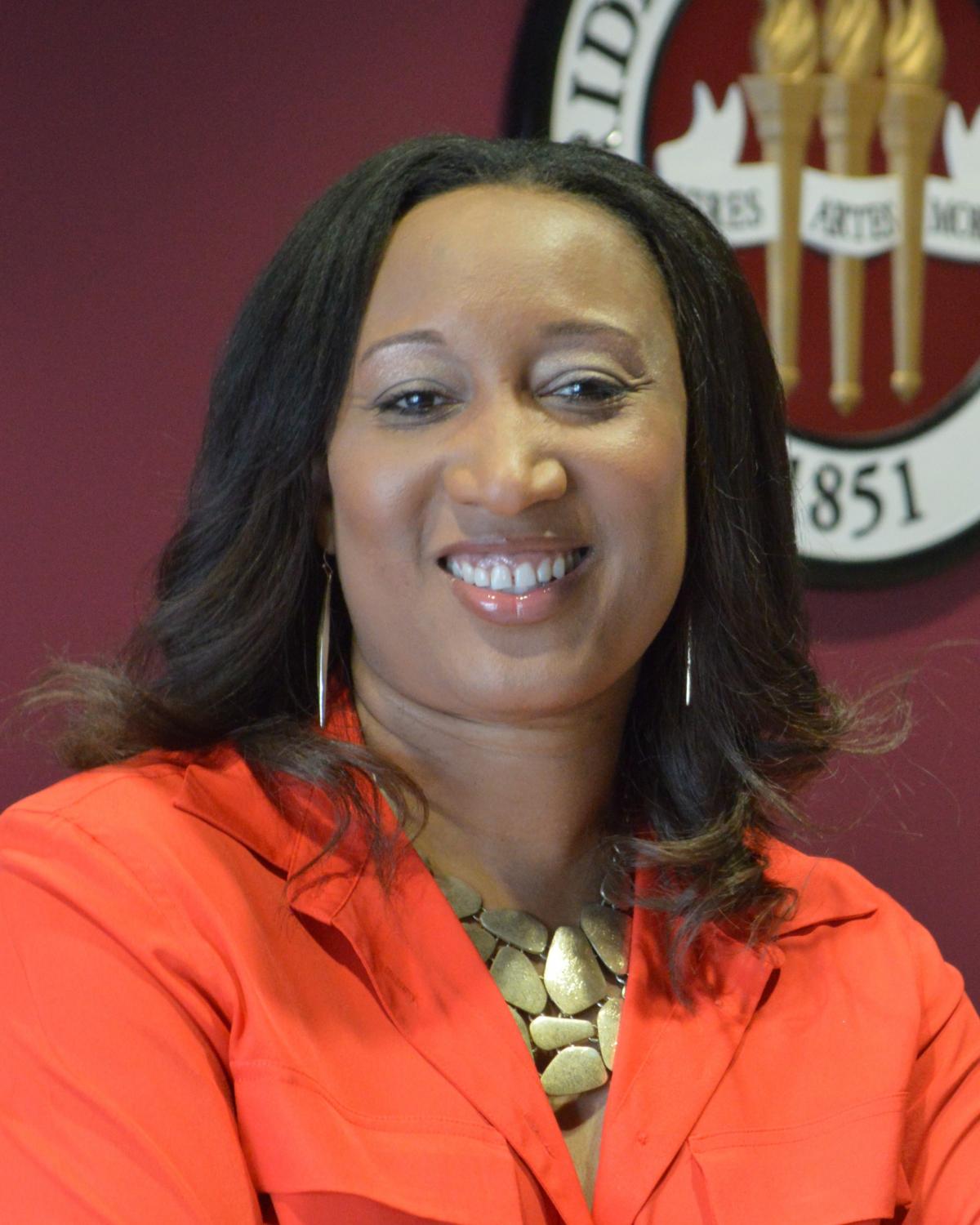HBCU Conference Spurs Partnership, Insight, and Future Success
WASHINGTON, D.C. — Dr. La’Tara Osborne Lampkin, Senior Research Associate at the Florida Center for Reading Research joined college presidents, administrators, community leaders, and students in Washington, D.C. at the annual Historically Black Colleges and Universities (HBCU) Week Conference this past September. Dr. Lampkin, alongside colleagues from Alcorn State University and University of West Virginia Parkersburg, presented the panel discussion A Competitive Edge: Leveraging Researcher-Practitioner Partnerships for Impact and Scale.

Dr. La’Tara Osborne Lampkin, Senior Research Associate at the Florida Center for Reading Research
Dr. La’Tara Osborne Lampkin, Senior Research Associate at the Florida Center for Reading Research
Aligned with the White House Initiative to Promote Excellence and Innovation at HBCUs, the Regional Educational Laboratory (REL) Southeast has partnered with HBCUs in the southeast to form the Post-Secondary Success at HBCUs partnerships. The partnerships produce rigorous research and resources to inform institutional initiatives to increase student outcomes.
During the conference presentation, Dr. Lampkin highlighted the collective partnership formed by HBCUs in Mississippi to promote a unified, culture-based approach to student success in order to enhance institutional competitiveness, build research capacity, and increase students’ readiness to compete regionally and nationally. Dr. Lampkin shared insights on the statewide, strategic model for institutional partnering. She, along with other panelists, also shared practical and evidenced-based strategies that facilitate successful, strategic partnerships to stimulate innovation, enhance impact and scale, and support sustainability.
"The event's theme that centered around ensuring U.S. competitiveness was evident throughout the conference," said Dr. Lampkin. “There was a large amount of synergy around really thinking about how to ensure HBCUs continue to play a role in this process." "It was also exciting to hear about initiatives, including federal initiatives and working groups, developed to support HBCUs to ensure that they remain competitive."
“Future partnerships and opportunities to leverage these partnerships to advance policy initiatives add to the extensive list of successful takeaways from this year’s conference. The opportunity to network and identify partners will allow for the expansion and support of post-secondary success at HBCUs,” she added. “HBCUs have a historical mission and demonstrated commitment to serving students from under-represented groups and underserved populations and they serve these students well. In fact, researchers have noted that 'although HBCUs make up only 3 percent of four year colleges in the country, they produced 80 percent of the nation's black judges and 50 percent of its black doctors. Among black college graduates with a degree in STEM, 27 percent are from historically black colleges. HBCUs have also trained roughly 50 percent of black teachers.' Our nation is experiencing a teacher shortage- we are looking for solutions to increase and diversify the teacher workforce. Institutional partnering, targeted metrics for learning outcomes, evidence-based policies and practices, and leveraging assessment for continuous improvement…this work is important for continuing to move the needle on student outcomes for all students.”
With over 1,800 attendees, this year’s conference was the largest HBCU conference to date. As the only REL that explicitly partners with HBCUs, Dr. Lampkin focused on the importance of disseminating the research outside of the current partners and network.
The Florida Center for Reading Research is a multidisciplinary research center at Florida State University that explores all aspects of reading research — basic research into literacy-related skills for typically developing readers and those who struggle, studies of effective prevention and intervention, and psychometric work on formative assessment. For more information, please contact Nathan Archer at narcher@fcrr.org.

